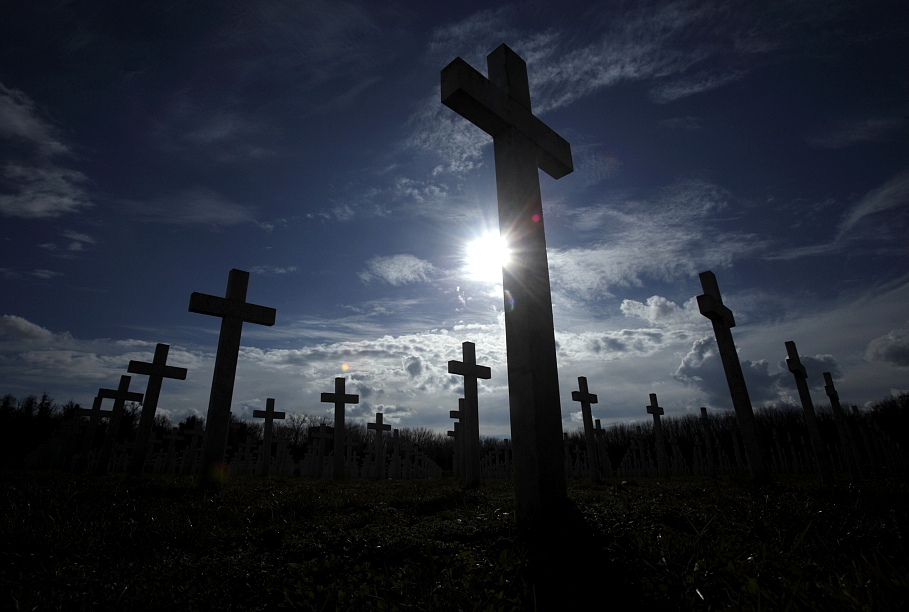The authorities said that funeral homes are used in an emotionally pressing moment, when there's no time or will to shop around.
About 150 residents were surveyed, and most of them admitted that they choose the first funerary home that's suggested to them, most often the one that resides in the hospital. Many of the respondents even said that hospital personnel suggested or imposed the services of a particular funerary home. These homes often employ staff that works at the morgue and hospital as well.
The market watch saw that in most cases the rental contracts for the funeral homes in hospital premises have been concluded illegally, without a public bidding. Of 37 hospitals surveyed, 14 house funeral homes, and their services are imposed on the deceased.
Many funeral homes have murky pricing, for example, some don't even have a price list or don't provide documentation of the agreements, leaving the consumers in the dark about the total price, whether it's arbitrary, or if taxes are paid at all.
The Competition Council expressed doubts about municipalities partaking in the funeral business. Cremation is a monopoly in Riga, as the land and buildings in the Riga Crematorium has been managed by a single individual for almost 20 years. To start a cremation business, you need a licence from the Riga municipality, but the Riga municipality is in control of the crematorium, so it's all but impossible for competitors to enter the market.
Some municipalities that do grave maintenance extend their services to funerary services, such as preparing the deceased for the burial and selling burial paraphernalia.
But estimates from the State Revenue Service stated that more than half of the 260 funeral homes operate in the grey economy.
The Revenue Service also notified about a number of shortcomings in the law, allowing people not related or otherwise legally bound to the deceased to receive funerary allowance, while a lack of a unified code for the operation of funeral homes allows for tax fraud by paying wages without taxes.
The funerary industry is to be subjected to a massive review by the authorities in 2016.





























